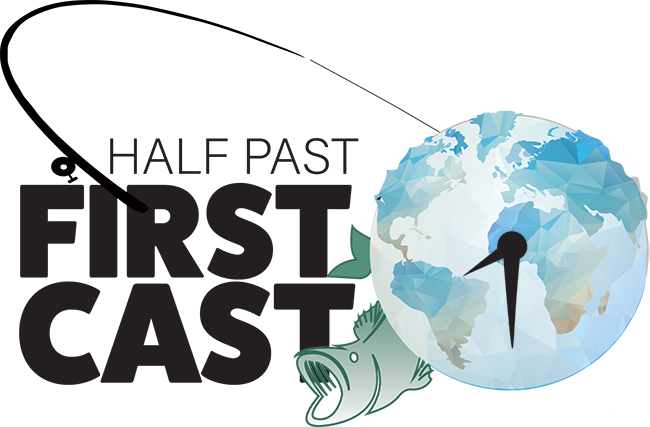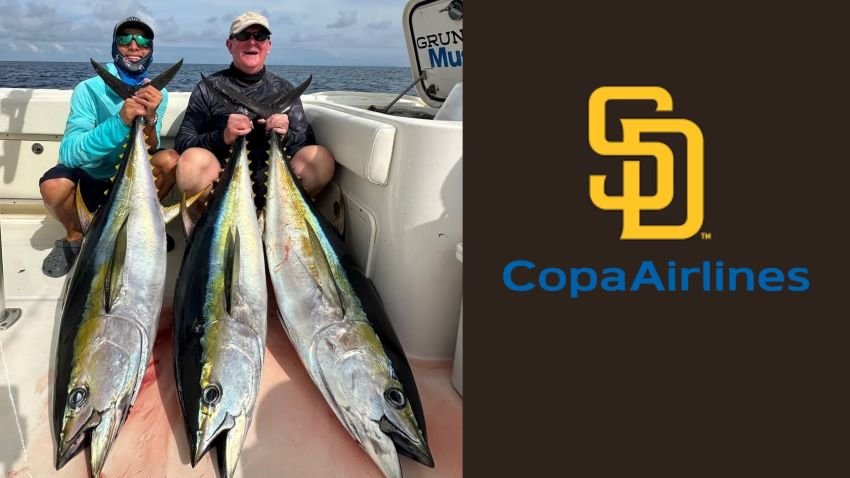Better Sleep = Better Fishing
Elite athletes have increasingly realized that sufficient quality sleep is critical for peak performance. As one writer noted, “it’s the simplest and cheapest performance booster available.” The jury may be still be out on whether fishing is a sport, a pastime, a hobby or some combination of all of the above, but insofar as it requires mental acuity and some physical skill, I truly believe that all of us can benefit from paying careful attention to our sleep hygiene.
While I’m not a scientist, I’ve seen the effects firsthand. When I used to fish tournaments, on numerous occasions I saw where an angler would have a great practice day or a great first day of an event, and then they’d stay up too late – drinking, socializing or working on gear. The guys who arrived at the ramp humblebragging about only getting 2 hours of sleep almost invariably sucked that day. Even if they didn’t, they often put themselves and their partners in danger. Coming back from Buggs Island a few years back, one driver in the tournament I’d fished fell asleep at the wheel and wrapped his truck around a roadside tree.
Once I stopped tournament fishing and began our frequent travels, I saw much the same phenomenon at lodges and resorts around the world. The guys who stayed up too late at the bar, or around the campfire, almost always sucked the next day. Either they got up too late, struggled to get to the boat, or felt terrible all day. If you do that on the first day of a trip, it’s almost impossible to catch up. That’s especially true, it seems, if you’re also dealing with extreme heat, cold or high altitudes. It’s your trip, so if you want to burn the candle at both ends and miss out a little bit on the fishing side, that’s entirely your business, but for my money if I’m on a fishing trip I want to maximize my time and effectiveness on the water. That starts with taking care of myself.
I’ve already written about how to sleep better on an airplane, but here are some more thoughts on how you can regulate and improve your sleep and thereby optimize your chances of angling success.
Exercise Discipline
I can’t tell you how much sleep you need to function at your best, and I can’t guarantee that more or better sleep will help you catch more or bigger fish. However, I can tell you that if you’re seriously about bettering your sometimes-shitty hookset or seeing that tailing fish early, you need your brain to be clear. Yes, there’s a definite FOMO element to many fishing trips, particularly if you’re with people you don’t get to see regularly, but by turning in reasonably early you can balance the socializing and the fishing. Similarly, prepare as much as you can before you arrive – there’s typically no reason to need to spool up 12 reels at your destination when you can do that at home.
Prepare for Distractions
Something unexpected happens, or something goes wrong, on just about any trip. Maybe your plane lands two hours late, or your luggage gets lost, or the weather throws a curveball into your efforts. You might not know which of those will occur, but you can plan for something to mess up the trip somehow. In other words, don’t build your time tolerances too tight. If you plan in such a way that you have every minute accounted for, that plan will get altered, and something will suffer. Often that’s sleep and rest.
Get in a Pattern Early
You can start taking care of yourself before you actually depart for the trip. Ideally, this means getting on a good exercise and diet routine, but it also applies directly to sleep. Don’t deprive yourself in the days before you go on your trip so that you’re playing catch-up. Yes, finish up whatever work and chores and packing tasks you’ll need to accomplish, but again plan strategically. You may also have to factor in jet lag if you’re heading across time zones. Figure out how best to accomplish that. Sometimes these strategies serve dual purposes. For example, one reason we typically fly to Dallas the night before our trips to Mazatlán is because a same-day trip has a short layover that’s easy to miss. The other benefit is that by getting there the night before we can still get 7-8 hours of sleep and a leisurely breakfast, which means we arrive in Mexico rested and not starving.
Take a Siesta
Some lodges, guides and outfitters fish on a regimented (e.g., 6am to 2pm) schedule, or go “Full Rambo” and fish sun-up to sundown. Others offer a mid-day break. If you can, use this time to recharge your batteries. For example, at Anglers Inn, you usually fish from 6am-11am, then come in for lunch and a siesta. Depending on the time of year (what time it gets dark) you go out again between 1:30 and 2:30 until dark. In the winter, when days end earlier, I often skip the siesta, but in the summer I almost always take it. Not only is the heat draining, but it allows me to fish later without getting tired. It also gives the guide time to get some rest, a not altogether small consideration when his sharpness also affects your fishing.
Power Nap
If you can’t take a full siesta, it’s still ok to grab a few Z’s any time possible. On our trips to Casa VIeja Lodge in Guatemala on sportfisherman-style boats, they have couches inside and I typically sleep during the 60-90 minute ride back to port. On open boats, like those used at Sport Fish Panama Island Lodge, they’ll often have beanbags. While I’ll defer to others who may want/need them, I feel no shame about grabbing an open one and recovering from battling big tuna.
If You Can’t Sleep then Rest Instead
Maybe there’s not time or opportunity for a proper snooze of any length, but you can still let your body and mind recover in other ways. Go sit in the air conditioning, or take a swim, or a warm shower to loosen yourself up. Of course, some people are the opposite. During a trip to Lake Picachos a few years back my friend Tim Romano took a jog into town during lunch. He found that invigorating in the way I find the other side of the pillow to be comforting. Know thyself and be honest about what gets you going and keeps you going.
Don’t Rely too Heavily on Caffeine
I’m probably the last person who should talk about this one, since I live on Diet Dr Pepper and have likewise developed a fondness for coffee over the past few years, but if you’re dependent on such drinks (or Five Hour Energy, or anything else) to get up and stay awake, it’s unlikely to be sustainable. Besides, if you have to mainline three or four cups of coffee to get going, you’ll be peeing more than you’re fishing. Of course, you should regulate your alcohol intake, too. If you’re not a heavy drinker, this is probably not the time to start. Even if you already drink regularly, remember that being outside in the elements will wear on your body differently than doing it at home.
Rely on Tools
We all have different strategies for getting to sleep, staying asleep and reaping the full benefits of our time asleep. Whatever yours are, do whatever you can to continue them when you’re on the road. If you use a CPAP or other device, bring it with you, even if that means getting a “travel” version or a battery-powered version for times when you won’t have consistent electricity. If noise of any sort bothers you, bring some means of blocking it out. That could be as simple as a set of foam ear plugs, or as complex as a white noise machine. I know some tournament anglers who travel with a box fan to create the same effect – if it’s cold in the room they just turn it away from them. If you need total darkness and your roommate tends to stay up, get a sleep mask. Over the past year or so I’ve been using a Buff, pulled down over my eyes, to achieve that same impact. If your cabin or room sounds like a landing strip because people are passing by all night long or it’s too close to the bar, ask to be changes.
Be Careful with Meds and Supplements
As with caffeine, alcohol and energy drinks, anything that you put into your body (including unusual food) is going to have some sort of impact on your sleep. I say this as someone who used to use Nyquil to fall asleep the night before a tournament, and someone who still uses Tylenol PM to force myself to sleep on some overnight flights. I haven’t used them myself, but I know others who’ve used melatonin, CBD products, and other supplements to better their sleep patterns. I don’t know enough about them to offer a meaningful opinion, but I do recommend that if you’re going to try these you talk to a professional first.
Get a Sleep Study
If you have other concerns about the amount or quality of sleep you get, ask your doctor to prescribe a sleep study. I’ve been through several of them and they’re one of the weirdest experiences you can ever endure, but the lasting impacts could improve your fishing and possibly save your life.
Epilogue
I love to sleep, and even after numerous sleep studies and efforts to change, I still always feel as I can use a bit more of it. On fishing vacations, however, I’m almost always the first one up and at the breakfast table or in the boat. On several occasions I’ve been fully dressed and ready to go before the staff had even brewed coffee. Part of that is because I love to fish and look forward to every day on the water, but the other element is a program of sleep discipline that I’ve imposed upon myself. I know my limitations and try to minimize their impact on my enjoyment. I save staying up late for the last night of the trip.






